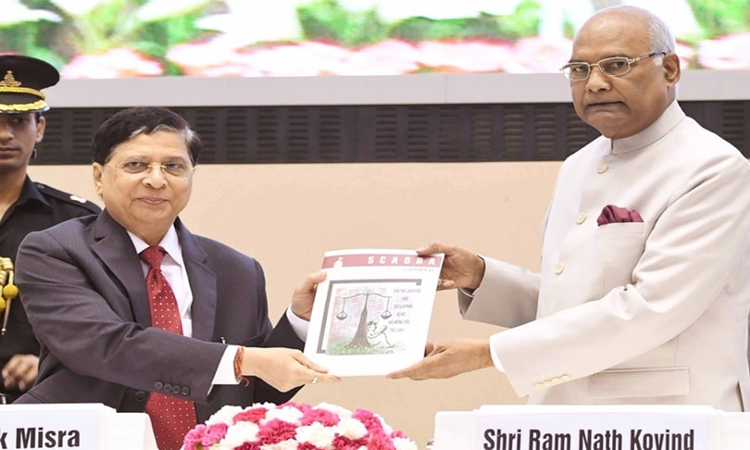Although in a democracy, the government is elected by the majority, individual rights cannot be dented by any kind of majoritarian social philosophy, said former Chief Justice of India Justice Dipak Misra.He was delivering a lecture on the theme of 'Actualization of Dr. Ambedkar's Ideas: Inclusiveness, Equality and Affirmative Rights' in the 3rd Dr. BR Ambedkar Memorial Lecture hosted...

